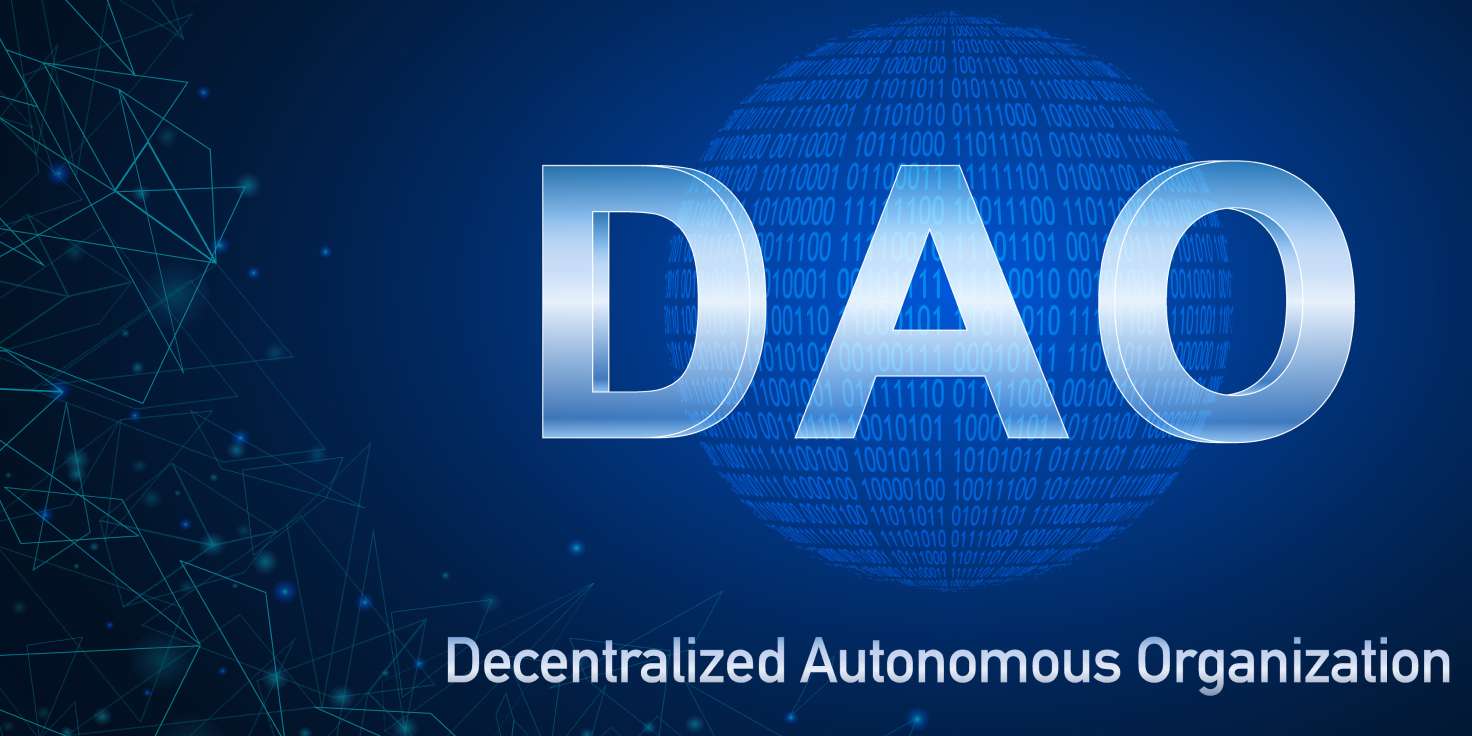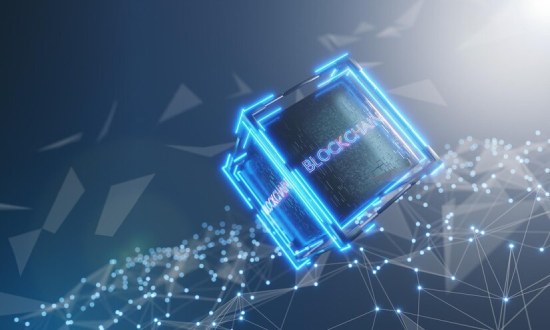Protocol DAOs
Govern decentralized protocols, often in DeFi. Example: MakerDAO managing the DAI stablecoin.
A Complete Guide for Businesses and Innovators

A Decentralized Autonomous Organization is a blockchain-based entity that operates without centralized leadership. Instead of executives or board members making decisions, a it relies on smart contracts and community voting to guide strategy and execution. According to Investopedia, they represent “internet-native organizations collectively owned and managed by their members.” Chainalysis describes them as “groups that rely on blockchain technology and transparent rules to make governance decisions without intermediaries.”
Its development differs fundamentally from building traditional organizations. A corporation relies on legal contracts, central boards, and hierarchical management. In contrast, a decentralized autonomous organization uses blockchain code, decentralized participation, and collective decision-making. This structural distinction enables borderless coordination but also introduces unique challenges around governance, regulation, and security.
Different models have emerged, each serving specific organizational goals. Understanding these types helps businesses align design choices with mission and community needs.
Govern decentralized protocols, often in DeFi. Example: MakerDAO managing the DAI stablecoin.
Pool funds to support ecosystem development through grants. Example: Aave Grants DAO.
Act as decentralized investment funds, where members collectively back startups or tokens.
Focus on community building and shared social goals, often with exclusive membership perks.
Acquire and manage NFT or metaverse assets as a group.
Empower communities to create and curate content collectively.
Function as smaller units under a larger one, handling specialized tasks or regional goals.
| Type | Primary Goal | Typical Use Case | Governance / Token Model Distinctives |
|---|---|---|---|
| Protocol DAO | Manage protocols | DeFi platform governance | Token-based voting, protocol treasury |
| Grant DAO | Fund innovation | Ecosystem grants, R&D | Token holders vote on funding |
| Venture DAO | Pool investments | Collective VC activities | Weighted voting, revenue sharing |
| Social DAO | Build communities | Member clubs, networks | Membership tokens, gated access |
| Collector DAO | Acquire assets | NFTs, gaming assets | Shared ownership, profit split |
| Media DAO | Produce content | Journalism, publishing | Token-based editorial votes |
| SubDAO | Operate divisions | Regional or functional units | Parent oversight, local autonomy |
Core logic for governance, voting, and fund management. They enable proposal creation, enforce quorum rules, and execute approved actions automatically.
Provide voting rights, economic incentives, and sometimes access privileges. Token supply and distribution directly shape power dynamics.
They maintain pooled funds in crypto wallets, often using multi-sig wallets or integrated DeFi tools for investment and growth.
May include simple token voting, quadratic models, or off-chain signaling mechanisms.
Web interfaces allow members to create proposals, track decisions, and interact with contracts without coding knowledge.
Developers can choose from established frameworks such as Aragon, DAOstack, Colony, or Snapshot (for off-chain voting). Ethereum remains the dominant blockchain for decentralized organizations, but alternatives like Polygon, Solana, and Polkadot provide lower fees and scalability.
Smart contracts must include modules for:
Security audits are critical since vulnerabilities in contracts can result in treasury losses or governance manipulation.
Proposals must define quorum levels, thresholds, and voting durations. Execution triggers are automated, preventing delays or human interference once approved.
The legal treatment of decentralized autonomous organizations varies significantly across jurisdictions. The U.S. views some of then as unregistered securities offerings, while Wyoming recognizes them as legal LLC entities. European regulators remain cautious, with tax and liability frameworks still evolving.
Securities laws: Governance tokens may fall under securities definitions if they provide profit rights.
Tax obligations: Treasury gains, distributions, or token swaps may trigger tax liabilities.
Liability concerns: Participants may face legal exposure without corporate shields.
Data privacy and AML/KYC: A decentralized autonomous organization managing user funds or data may face compliance obligations under AML or GDPR regimes.
Decentralized autonomous organization-friendly jurisdictions (Wyoming, Marshall Islands, Switzerland’s Zug Valley) are experimenting with structures that provide legal recognition. Businesses must evaluate legal positioning early to reduce risks.
Smart contract bugs can lock or drain funds.
Hacks targeting governance tokens or treasuries.
High gas fees reduce voting participation.
Token concentration centralizes decision-making.
Voter apathy results in low engagement.
Malicious proposals may exploit treasury or protocol rules.
Misaligned incentives fragment communities.
Weak onboarding reduces retention.
Disputes over mission create instability.
Independent security audits and bug bounties.
Layered governance with safety modules (e.g., time-locks, veto powers).
Transparent documentation and open communication.
Reward systems to encourage participation and fair token distribution.
They now span industries beyond DeFi:
Pooling funds for collective investments, providing decentralized venture structures.
Platforms like Uniswap rely on token holders for treasury allocation and protocol upgrades.
Protocols use them to fund developer ecosystems.
Collectives like Friends With Benefits focus on culture and social capital.
ConstitutionDAO demonstrated how thousands could unite to bid for rare artifacts.
Decentralized journalism platforms allow communities to fund and vote on content.
Case studies reveal both successes and failures. While MakerDAO and Uniswap have grown into billion-dollar ecosystems, others like The DAO (2016) suffered from catastrophic exploits, highlighting the importance of governance and security.
Success requires measurable benchmarks:
Voter turnout rates and number of proposals submitted
Growth of assets under management and spending efficiency
Degree of decentralization among holders
Number of active members, forum discussions, and contributor activity
Frequency of audits, bug reports, and incident responses
Sustainability also requires strategies to manage long-term incentives, balance innovation with stability, and adapt governance as ecosystems mature.
Common questions and answers about decentralized autonomous organization, their implementation, and practical considerations for businesses and developers.

By using this site, you allow our use of cookies. For more information on the cookies we use and how to delete or block them, please read our cookie notice.
We would love to
hear from you!


Innovate with confidence!


